

Content is king.Yep, still is and probably will still be for a long time.However, leveraging search results and adjusting your strategy according to SEO will help your quality content rank higher, easier, and quicker.People often think that SEO (Search Engine Optimization) is about throwing related keywords into a piece of content that doesn’t address any problems or provide solutions. However, from speed to mobile compatibility, quality content, and backlink building, SEO is about providing an all-around quality website experience with quality content that other sources with high authority vouch for.Apart from helping you rank higher and easier on the search engine result page (SERP), SEO also helps you run your advertising campaigns more effectively.Here is an example of such competition that may find interesting:
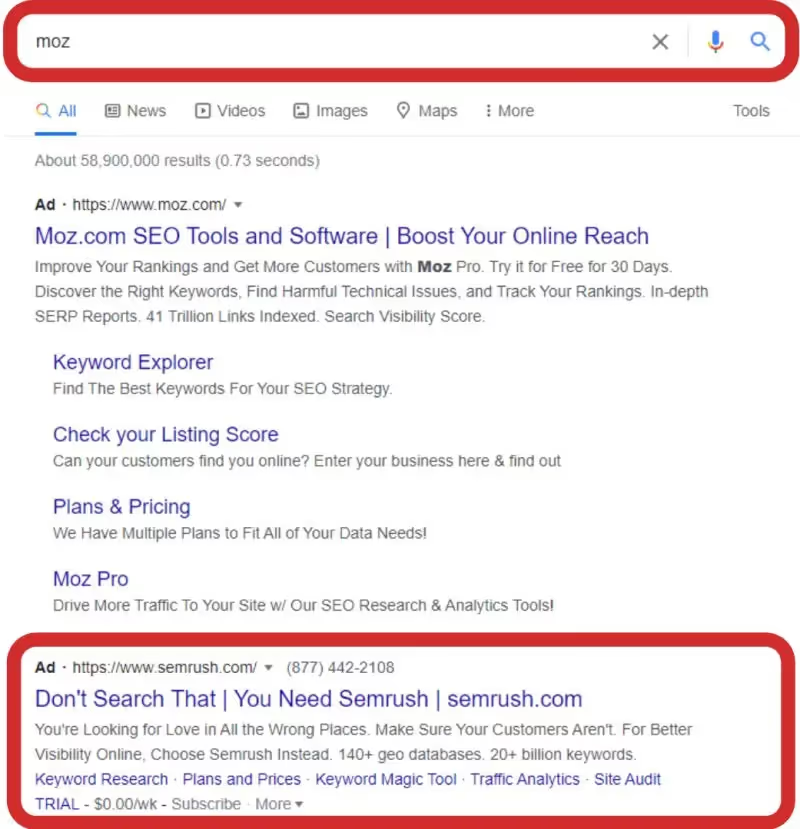
Now, having provided the most basic information about SEO and why it should not be disregarded - unlike many people claim - let’s explore some SEO statistics and trends to help you further comprehend the importance of SEO and find the ways in which you can apply these to your website.Let’s get into it!
SEO Statistics and Trends
To further establish a solid foundation about why SEO is crucial, let’s explore some crucial SEO stats that show that it is worth putting your efforts into having a solid SEO strategy.
Ultimate SEO Statistics
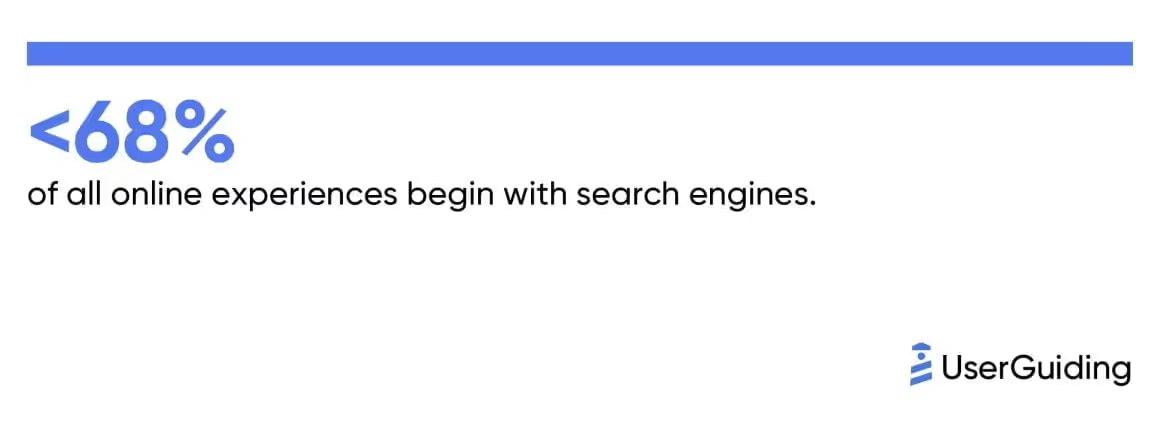
1- 68% of all online experiences begin with search engines.
2- Only 0.78% of searchers click on results on Google’s 2nd page.
3- 53.3% of all website traffic comes from organic search.
4- 92.96% of global traffic comes from Google search (Including Google Images and Google Maps).
5- SEO drives 1000%+ more traffic compared to organic social media.
6- Nearly 40% of purchasers are influenced by a relevant search.These 5 SEO statistics show the main reasons why you should have SEO strategies that work.The second statistic puts forward the competition for a higher ranking. It also suggests that searchers find what they are looking for on the first page of Google. That is to say, SEO is indeed a combination of quality content and technicals.
SEO Industry Statistics
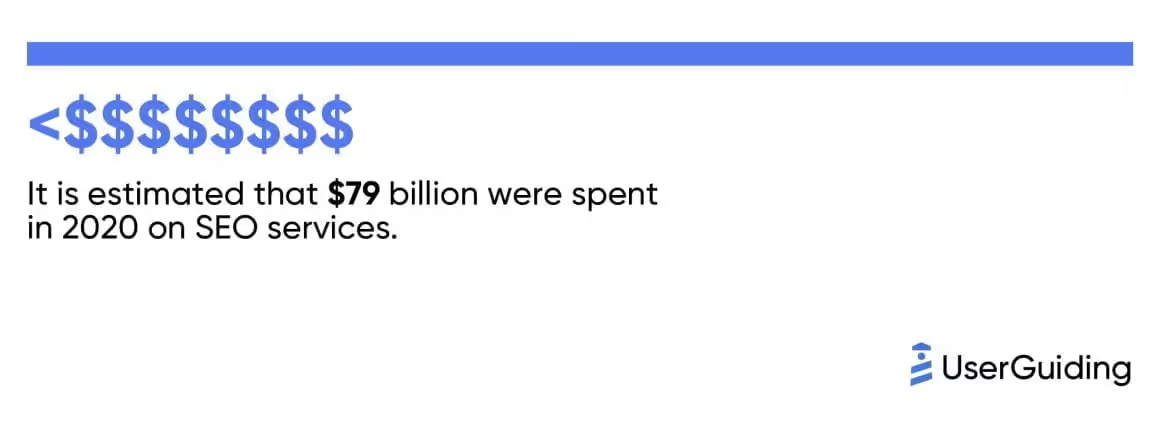
7- $47.5 billion is spent on SEO and related products and services in 2020.
8- The SEO market is expected to grow at a CAGR of 10% starting in 2021 to 2023.
9- It is estimated that$79 billion were spent in 2020 on SEO services.
10- Nearly 50% of enterprises invest more than $20,000 on B2B SEO each month.
11- 91.75% of the total worldwide search engine market share is held by Google.Here is the SEO ROI Statistics by industry:

Google Search Statistics
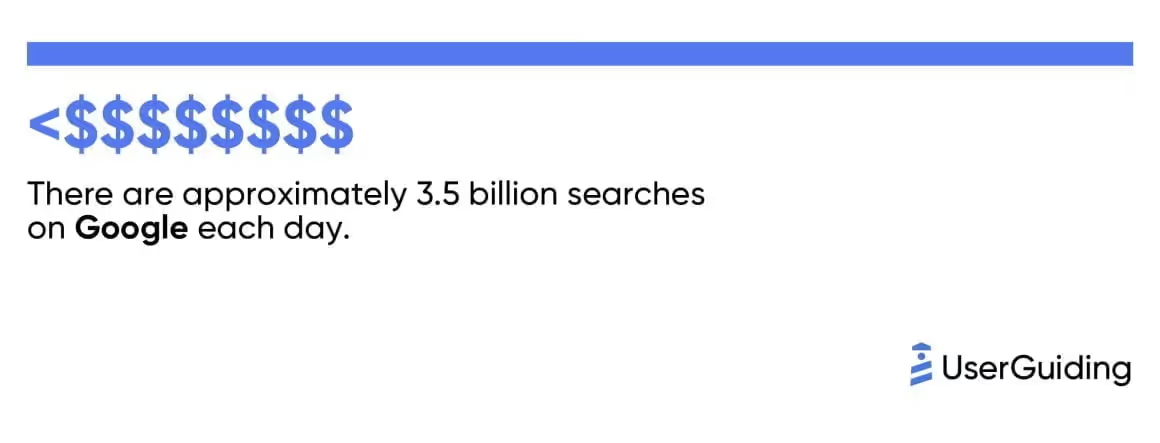
12- 75% of searchers don’t scroll past the first page of the SERPs.
13- Sites that are on the first page on Google have an average of 1,447 words.
14- More than 60% of Google searches are done via mobile devices.
15- There are approximately 3.5 billion searches on Google each day.
16- Google holds over 86% of the search engine market share.17- Around 500-600 changes to Google search algorithms are presented every year.
SEO Backlink Statistics
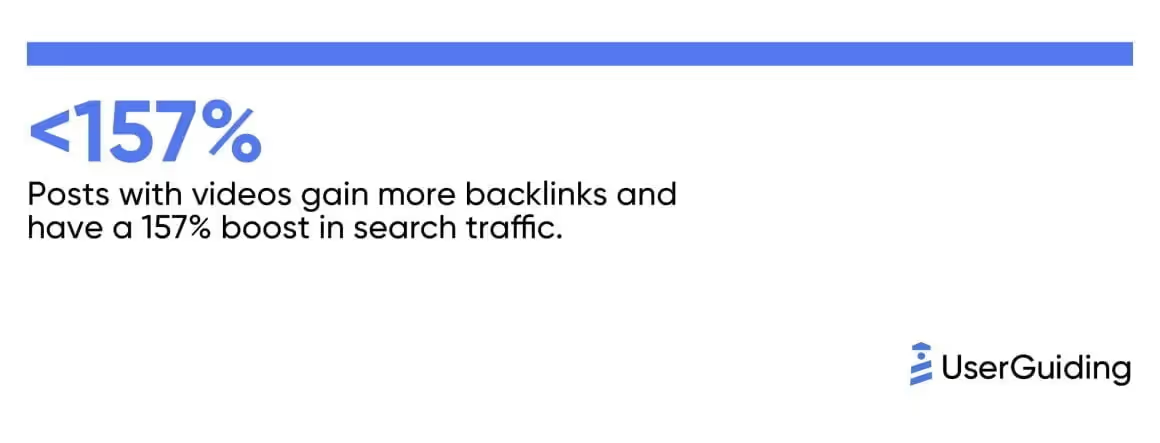
18- Backlinks are among the top 3 ranking factors.
19- More than 65% of the pages don’t have any backlinks.
20- 43% of the top-ranking pages have some reciprocal links.
21- Long-form content gets 77% more backlinks than short ones.
22- Posts with videos gain more backlinks and have a 157% boost in search traffic.
Local SEO Statistics
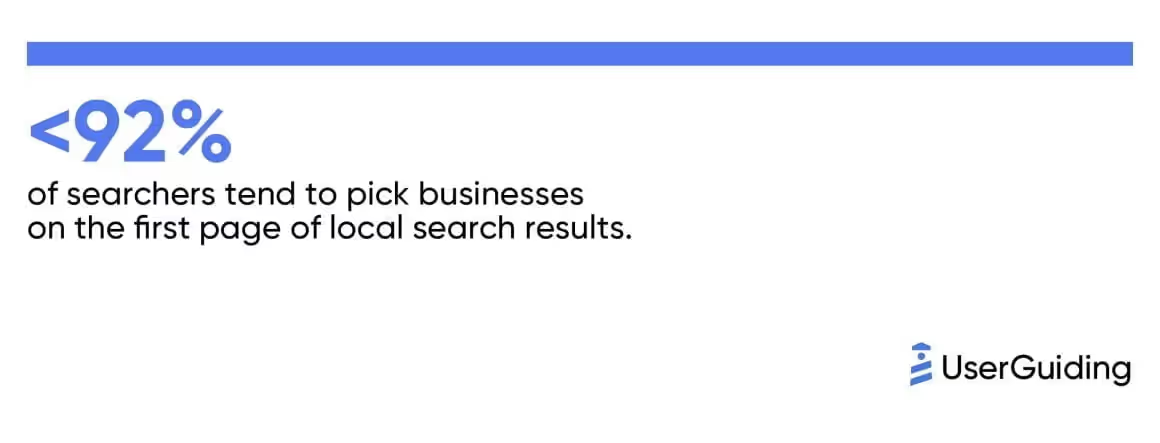
23- 46% of Google searches look for local information.
24- 88% of all searches for local businesses on a mobile device end up either calling or visiting the business within 24 hours.
25- Mobile searches for “where to buy” and “near me” have grown over 200%.
26- 92% of searchers tend to pick businesses on the first page of local search results.
27- 82% of consumers read online reviews for local businesses.
SaaS SEO Statistics
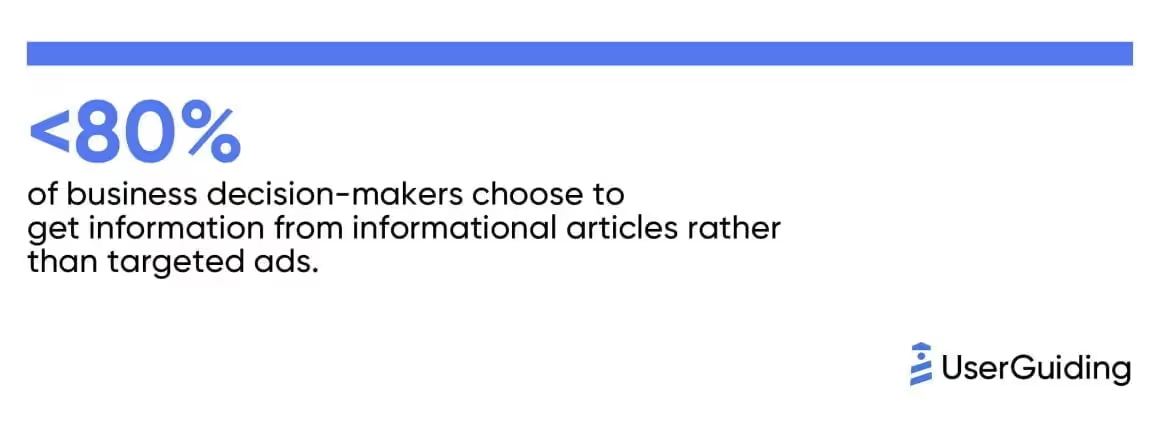
SEO for SaaS is crucial in many aspects. SaaS SEO is one of the most competitive areas and these SaaS SEO statistics should convince you to put more effort into having a solid SEO strategy for your SaaS business.
28- The ROI of SEO for B2B SaaS is 702%, with a 7-month Time to Break-Even.
29- ROAS (The Return on Advertising Spend) for B2B SaaS is 8.75 with a 7-month Time to Break-Even.
30- SaaS companies with content see roughly 30% higher growth rates than those not using content marketing.
31- 15% of the world’s biggest SaaS brands don’t have a blog.
32- 80% of business decision-makers choose to get information from informational articles rather than targeted ads.Here is the average traffic that SaaS companies get by source:
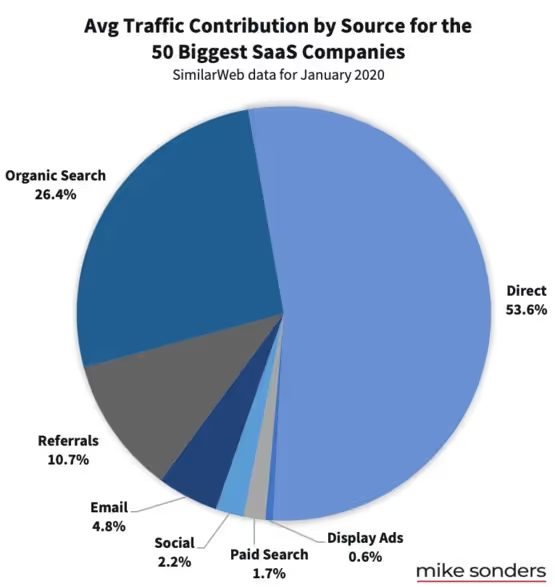















.svg)
.svg)
.svg)
.svg)
.svg)











.svg)
.svg)




.png)
















